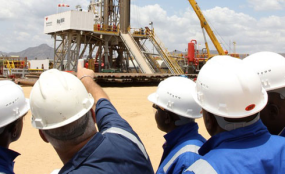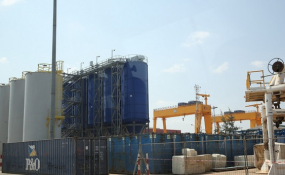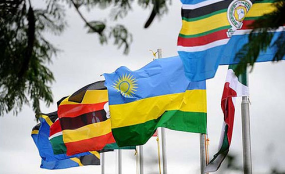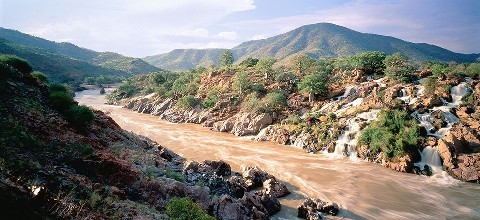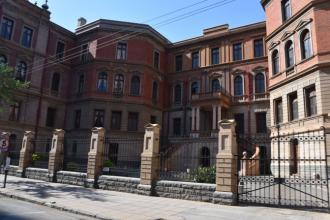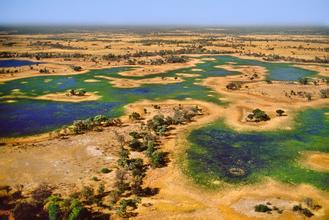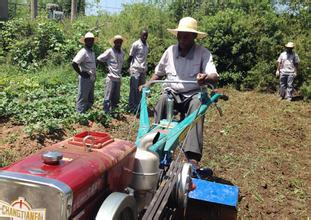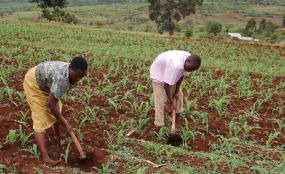By Julius Bizimungu
The number of people involved in informal trade is growing, but most in the region don't have access to proper transport means.
This is one of the challenges highlighted during the last day of The Global African Investment Summit that closed on Tuesday in Kigali.
It was noted that only one in four households in the Common Market for Eastern and Southern Africa (COMESA) region has access to energy, and the majority of them live in rural areas.
Experts said in order to overcome these challenges, the region should put in place creative financing mechanisms to boost infrastructure development.
"We have had desire to increase the region's power pool but the provision of power in COMESA, for instance, is very poor. Only one in four people in the region has access to energy and some of the countries tend to use sources like hydro-power, which makes it complicated especially when it comes to drought seasons. There is no unified grid access and many rural areas simply have no electricity at all," said Edward George, head research at Ecobank.
On the other hand, he said, "when you look at the existing corridors in the region, you can tell that they could unlock the potential in the near future."
"The long corridors like those running down the Nile valley along the East African coast, the Maputo development corridor, the proposed Khartoum-Morocco (corridor) across the Mediterranean sea, all could integrate the region," he added.
Spearheading devt
George Negatu, the regional director for Eastern Africa, African Development Bank, said the East African Community is spearheading the infrastructure development on the continent, but there are still challenges that still persist which governments should be addressing.
"EAC is arguably one of the most integrated regions on the continent. But there are some challenges that still persist that need to be addressed. The poor infrastructure like the transmission lines, the low access to energy, air transport lines, railways, and road systems are hampering trade competitiveness and exchange. Unless we get to improve regional infrastructure, we are not going to achieve what we want," he noted.
Negatu cited high energy cost as another factor affecting economic integration in a way that it limits productivity of industry in the region.
"In the end, this limits the efficiency and competitiveness of the industries. This means that industries in the region are not able to reap benefits of the global value chain," he added.
Lack of harmonisation of policies and regulations was also cited as a major challenge for infrastructure development.
"If you work across several neighbouring countries you would at least expect to have harmonised policies that allow your investment to become effective across the region, which is a different case in our region. There are different policy regimes and regulatory frameworks, which hinder investment," Negatu said.
He called for more financial systems that can allow companies to borrow money to invest in long-term investments.
"The availability of loans is low and access to finance is a problem. Non-tariff barriers are also making it difficult for trade. Unless we change this, regional integration will remain a wish," said Negatu.
Standard Bank's Jonathan Muga said infrastructure financing is most of the times held up by the high risks associated with infrastructure projects.
Currently, governments spend 10 per cent of their GDP in infrastructure and the significant part of this goes into transport, mainly roads.
"When it comes to private sector financing the infrastructure, we see that the gap between the expectations and the reality is critical. Governments should restructure the packaging of projects that require private sector financing."


